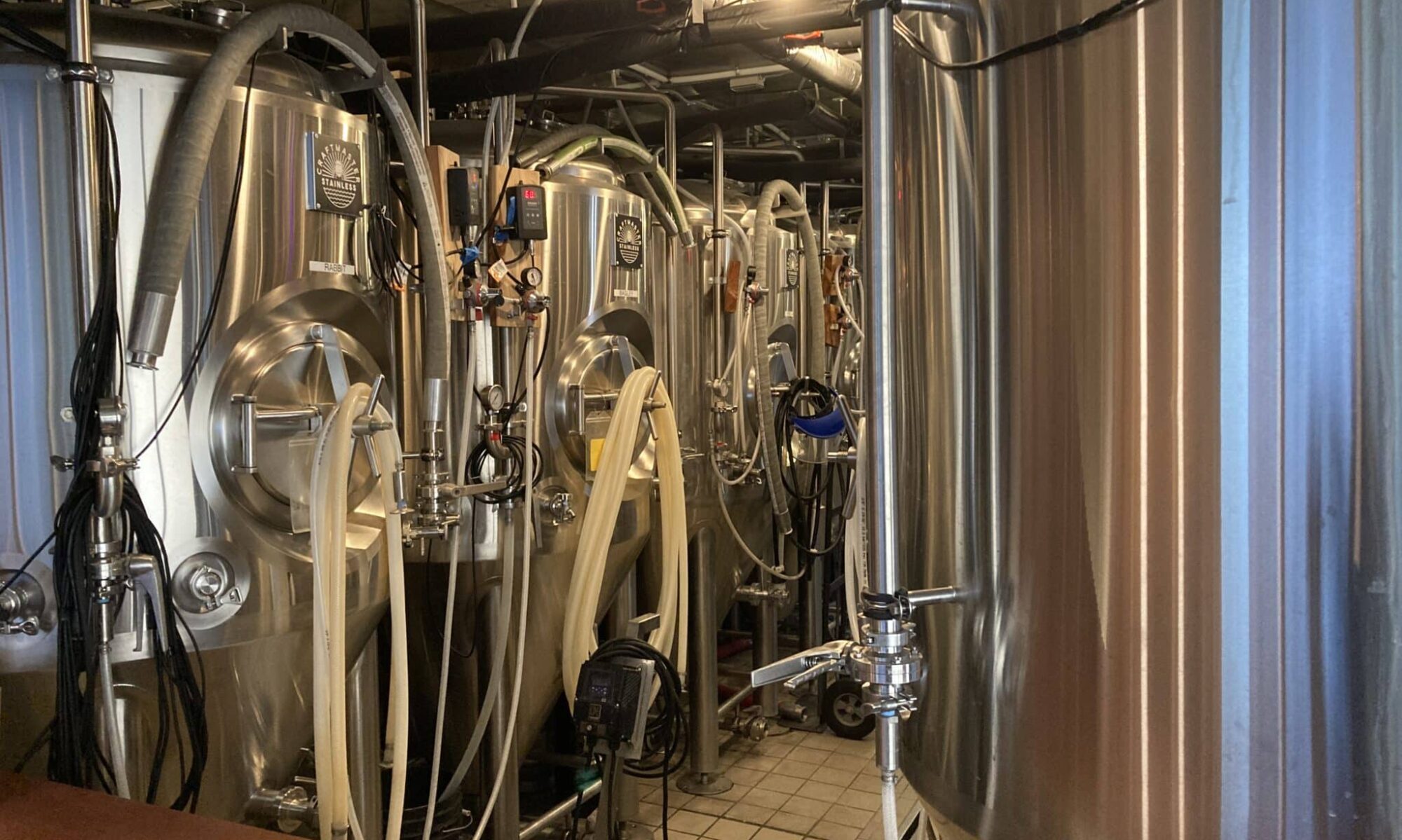Back in the day, craft beer had brands that were contract brewed. Breweries, especially ones in expensive real estate markets (like Los Angeles) or without the capital for buying mash tuns and fermenters would either provide a recipe or brew alongside workers at a brewery usually far away from their physical location.
Now, those breweries were looked down upon a bit (even by younger, less knowledgable me) as having less skin in the game but as is seen in the bourbon world, contract brands are not seen as less than currently and maybe that might translate into craft beer.
Now there are always pros and cons as is demonstrated in this Vinepair piece about contract distilling. The biggest one for me is the lack of disclosure. You can contract brew an excellent beer but many are just middle of the road. And it is only fair to a consumer that they can easily see that a beer is contract brewed. That way I can find out that Contract Brewery A is only average while Contract Brewery Q is quite good.
And I think that if there were more contract brewing facilities that made it easier to actually have the brewer make the beer on essentially rented equipment close to where they sell to lessen shipping and environmental costs, it could increase quality.
Incubators would be a good model or co-branded taprooms and bars. San Diego has had some luck with the former and Los Angeles has seen shared taprooms in the past and currently with Eagle Rock and Party Beer. They can be effective ways to begin a brewery within financial constraints.
All roads that can lead to a successful brewery should be explored.
